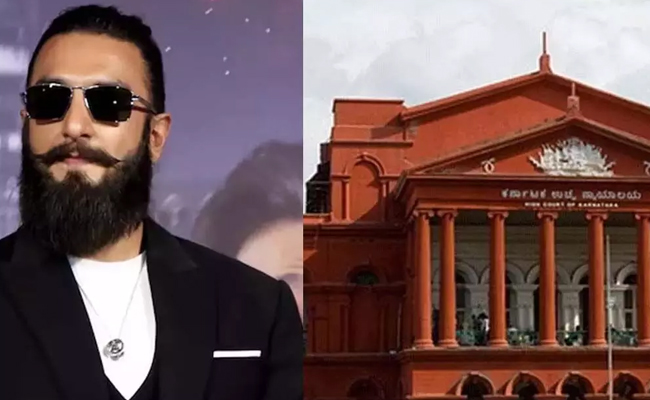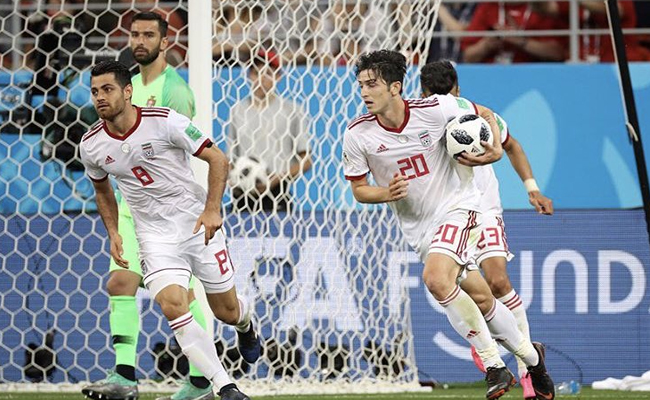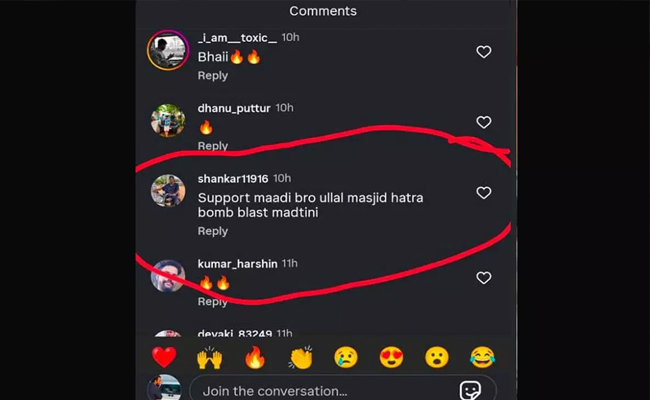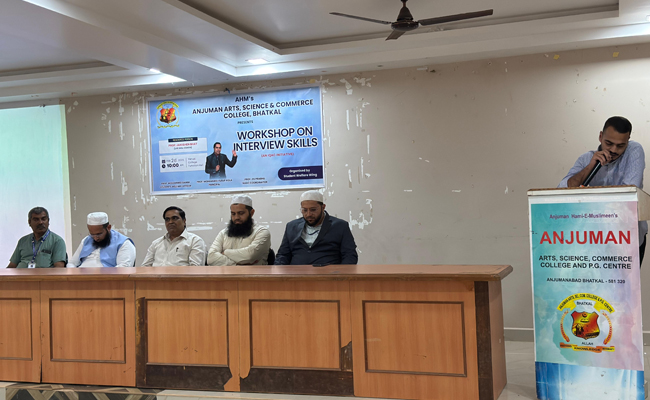Chennai, Feb 18: South African Chris Morris led the pack with a record Rs 16.25 crore bid from Rajasthan Royals as all-rounders and foreign fast bowlers walked away with bank-breaking deals in the 2021 IPL players' auction here.
Morris became the most expensive buy in the IPL auction history with Rajasthan Royals shelling out big money for the all-rounder even as uncapped players such as Karnataka's K Gowtham also hogged the limelight with hefty deals here.
Spin bowling All-rounder Gowtham was bought for a record Rs 9.25 crore by the Chennai Super Kings. The 32-year-old is currently with the Indian team as a net bowler for the ongoing Test series against England.
Tamil Nadu's Shahrukh Khan, named after the Bollywood superstar, expectedly got a handsome Rs 5.25 crore deal from Punjab Kings, more than 51 times his base price of Rs 20 lakh. Shahrukh has been in the limelight with his exploits in the recent Syed Mushtaq Ali Trophy.
Gowtham, an IPL regular who was released by Punjab Kings, was the second off-spinner CSK bought after England's Moeen Ali. With the hefty price tag, Gowtham became the most expensive uncapped buy in IPL history. His base price was also Rs 20 lakh.
Morris' big pay day came after another all-rounder and perennial under-performer, Australian Glenn Maxwell, once again managed to attract a winning Rs 14.25 crore bid from Royal Challengers Bangalore.
New Zealand pacer Kyle Jamieson, who is known more for his performances in Test cricket, secured a massive Rs 15 crore deal from the Royal Challengers Bangalore.
Punjab Kings, who went into the auction with the maximum purse among eight teams, paid Rs 14 crore to rope in Australian pacer Jhye Richardson hoping he will plug the gap in their leaking bowling department.
The 24-year-old, who has played two Tests, 13 ODIs and nine T20Is for Australia, was the leading wicket-taker in the recent Big Bash League.
Punjab paid a big amount -- Rs 8 crore -- for another Australian pacer, the uncapped Riley Meredith, making him the costliest uncapped foreign player in the IPL history.
The 24-year-old has 43 wickets in 34 T20s that he has played.
While the pacers raked in the moolah, Chennai Super Kings were applauded by other teams in the room for buying India's Test specialist Cheteshwar Pujara for his base price of Rs 50 lakh, paving the way for his IPL return for the first time since 2014.
Morris, who came with a base price of Rs 75 lakh, generated bids from four teams before it became a battle between Royals and Punjab Kings.
Royals eventually sealed it with a record bid which made Morris the costliest buy at the auction ever, surpassing Yuvraj Singh, who was bought by Delhi Capitals for Rs 16 crore in 2015.
The costliest player in the IPL remains Virat Kohli, retained for Rs 17 crore by Royal Challengers Bangalore.
In 70 IPL games, Morris has scored 551 runs at 23.95 and taken 80 wickets at 23.98.
Talking about why Royals went all out on Morris, team COO Jake Luch McCrum said: "We actually spoke to Chris before the auction itself, and did a full medical review of him. He's in a bubble in South Africa now, about to play the domestic competition.
"Chris is an ex -Royal, and he's one of those players with experience and who can deal with a price tag like that. We've re-balanced the side this year, he will fill in an important role for us."
Earlier, KKR made the opening bid for Maxwell but it eventually became a two-way war between Chennai Super Kings and RCB before the Virat Kohli-led team won him with a bid which came to USD 1.96 million.
"We wanted to get an X-factor player and we are delighted to get Maxwell," RCB Director of Cricket Mike Hesson said.
Punjab Kings, who had paid Rs 10.75 crore for Maxwell in the previous auction, had released the 32-year-old following the 2020 edition in which he made 108 runs in 13 games at 15.42.
In 82 IPL games, Maxwell has made 1505 runs at a modest average of 22.13.
England all-rounder Moeen Ali also went for a high price of Rs 7 crore to Chennai Super Kings. Both Maxwell and Moeen had base prices of Rs 2 crore.
"Absolutely buzzing to play for CSK. They have a massive fan base and I can't wait to meet them. I can't wait to play under Dhoni. My teammate Sam Curran is there too. This made my day, made my year," said Moeen in a video message.
Bangladesh star Shakib Al Hasan was lapped up by KKR for Rs 3.2 crore. He missed the IPL last year as he was serving a ban for failing to report a corrupt approach.
Australian pacer Nathan Coulter-Nile also ended up with a good deal, fetching a Rs 5 crore bid from Mumbai Indians. He had a base price of Rs 1.5 crore.
Australian Steve Smith, who was released by Rajasthan Royals, was bought by Delhi Capitals for Rs 2.20 crore, only Rs 20 lakh more than his base price.
At his base price of Rs 1.5 crore, England batsman Dawid Malan was a bargain buy for Punjab Kings, who went into the auction with the maximum purse among eight teams.
Among the players who went unsold were Harbhajan Singh, Hanuma Vihari, Karun Nair, Alex Hales, Jason Roy, Adil Rashid, Kedar Jadhav, Mustafizur Rahman and Aaron Finch.
Let the Truth be known. If you read VB and like VB, please be a VB Supporter and Help us deliver the Truth to one and all.
Bengaluru (PTI): The Karnataka High Court on Monday extended the interim relief given to Bollywood actor Ranveer Singh till March 9, in a case related to mimicking a character from the movie, 'Kantara Chapter-1', and allegedly mocking a deity.
The actor had approached the High Court seeking the quashing of the FIR against him for mimicking Rishab Shetty's role as 'Chavunda' deity in the movie.
While mimicking, Singh had called the deity a "ghost". The actor was asked to appear before the court in person on Monday.
Appearing on behalf of the actor, his counsel Sajjan Poovayya said Singh was stuck in London and was unable to reach Bengaluru due to the conflict in West Asia.
The complainant, who is a lawyer, alleged that his religious sentiments were hurt by calling the deity a ghost. On the directions of a local Court, the police registered a case against the actor.
The High Court on February 24 granted interim relief to the actor with directions to the police not to take any coercive steps against him.





